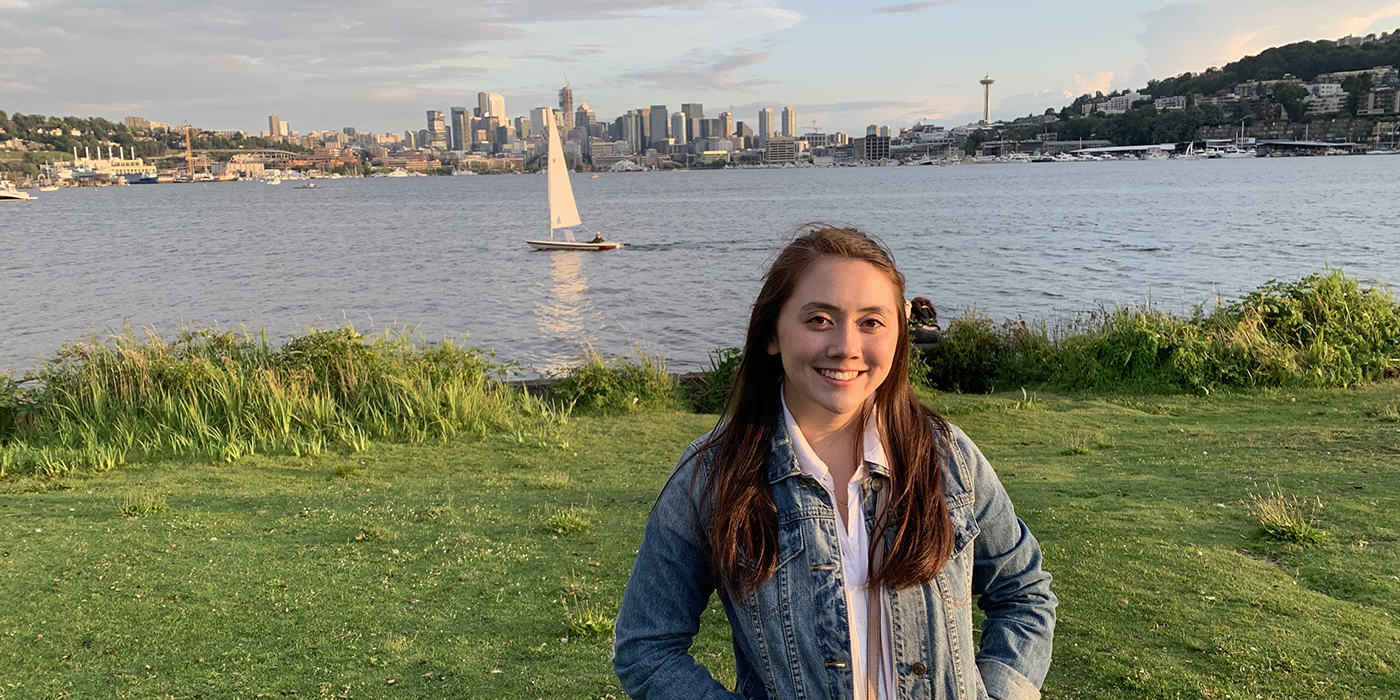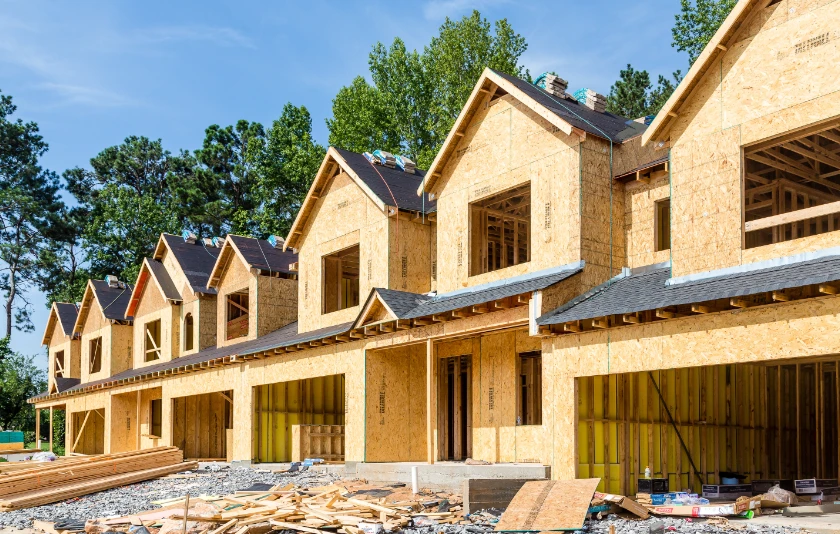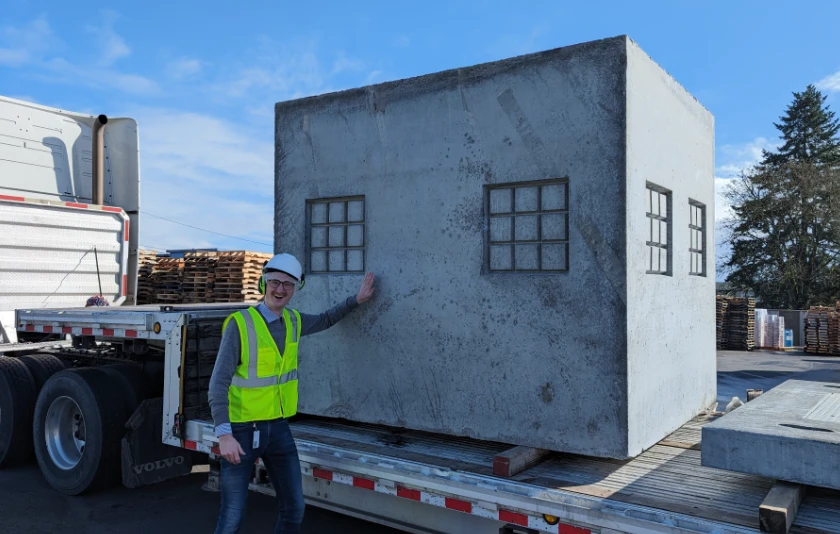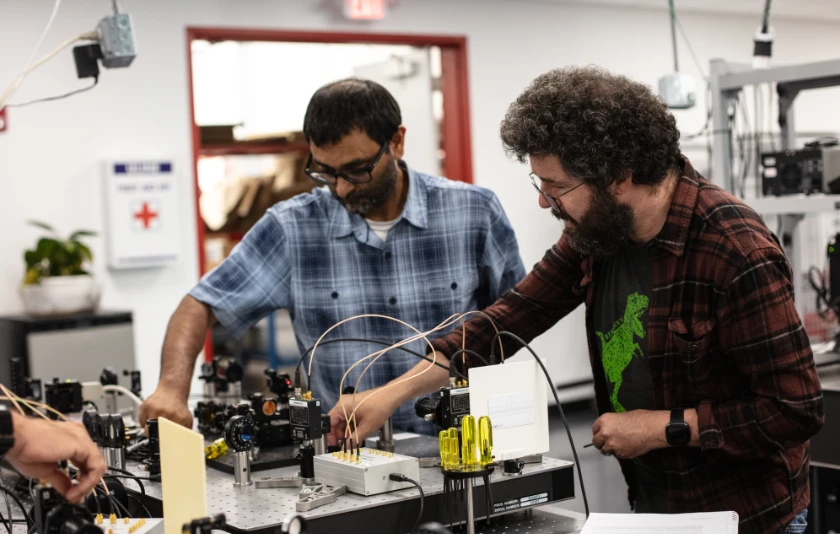Hannah Rarick ’21 says she was “phenomenally bad” at physics in high school, but those days are over. In the past few years, the Willamette University senior has contributed to physics research at multiple institutions nationwide and now looks forward to earning her PhD.
Backed by a strong physics community, Rarick spent her undergraduate years working on out-of-state summer research projects, attending national networking events and recently presented her senior thesis on fluid dynamics at Student Scholarship Recognition Day.
Willamette was the best choice she could have possibly made, she said. The assistance she received from faculty members who helped her every step of the way — from ensuring she learned a chapter in class to helping her navigate the intimidating application process for graduate school — has been priceless, especially during the pandemic.
“I think their support is unique to the Willamette community and the most valuable aspect of my education,” she said. “Without it, I would definitely not have had the success I’ve experienced.”
Pursuing music and physics
Despite struggling with physics in her Washington high school, Rarick wanted to give it another shot in college.
A pianist who loved the idea of a liberal arts education, she couldn’t turn down Willamette — the university offered her a music scholarship without requiring her to major in it, freeing her to pursue her passion and see what else was out there, she said.
Her first physics course tipped her toward the field. The class introduced her to Conferences for Undergraduate Women in Physics, which connected her to professors and industry experts across the country, informed her of career possibilities and exposed her to current research. But most importantly, she saw women in leadership roles within the industry and academy. It was an extraordinary opportunity for a first-year student and sparked her captivation with physics, she said.
“Physics is a really succinct way to explain everyday phenomena — what you see and can’t see — through math, science and reasoning,” she said.
One of 11 physics majors, Rarick valued the tight-knit community in the program and one-on-one time with professors. Faculty members and Rarick’s advisor, Assistant Professor of Physics Daniel Borerro, had a major impact on her undergraduate career. Borrero opened the world of physics to her, and gave her confidence she could succeed at anything she set her mind to, she said.
“I don’t think I could have been a physics major at a big institution,” she said. “In terms of opportunities I could add to my resume, he played a strong role in guiding me to them and I don’t think that necessarily happens at larger schools.”
New research opportunities
Through Borrero she also discovered Research for Undergraduates (REU), a national program that supports science, math and engineering students.
After her sophomore year, Rarick spent 10 weeks at Lehigh University in Pennsylvania for her REU, working with Assistant Professor of Chemistry Elizabeth Young in her lab. The Young Lab studies change carrier dynamics in solar cells, specifically how molecules interact with light and other materials.
“It was cool to see the interdisciplinary aspect of it,” Rarick said. “I’m pretty sure I was the only physicist on the floor, and it was the first time I really had the opportunity to collaborate in a very scientific environment, which was a lot of fun.”
For another REU at the University of Washington in Seattle last summer, Rarick studied topological photonics with Associate Professor Arka Majumdar at the Nano Optoelectronic Integrated System Engineering (NOISE) lab. Rarick used a Python-based program to design a code applicable to various systems that the electrical and computer engineering department was studying in its lab, then presented her final work to her cohort and university professors. The project, which she completed remotely, complemented a material science class at Willamette that helped her see how physics concepts can overlap with other disciplines, she said.
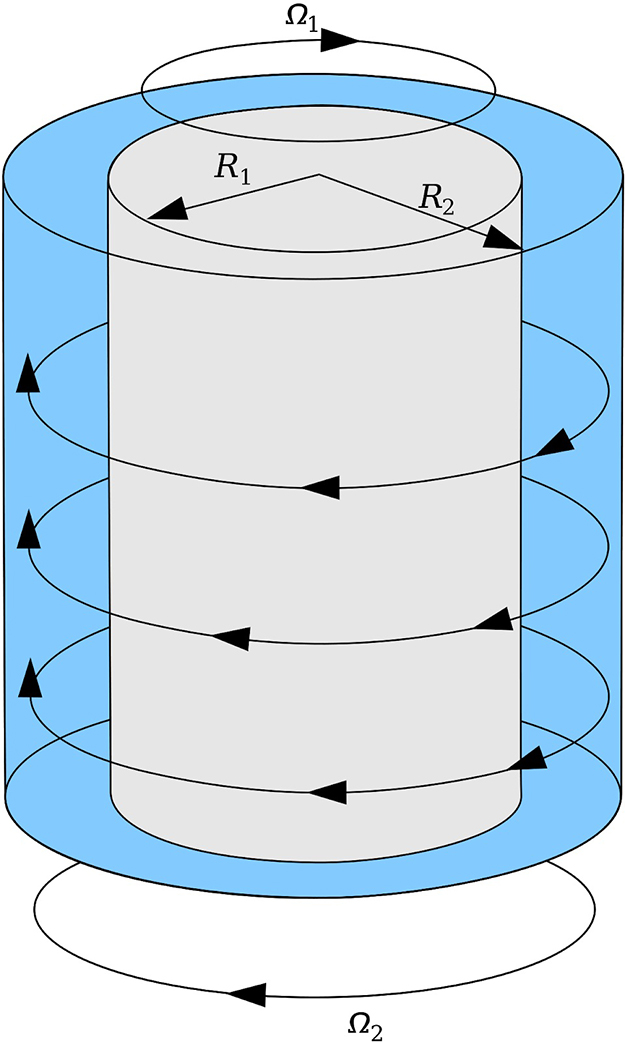
Last month, Rarick presented her thesis at SSRD on how to trigger turbulence in the Taylor-Couette system — essentially the flow of fluid in the gap between two rotating cylinders — by rotating the outer cylinder. How turbulence is triggered in the system remains somewhat of a mystery, so she’s been fascinated by the project because it sheds light on how turbulent transitions occur in general, she said.
Although much of Rarick’s focus at Willamette was advancing her physics knowledge, she remained active in piano and other activities. An accompanist throughout her undergraduate career, Rarick participated in Distinguished Artists Series Master Classes for piano, joined ensembles and performed a concerto for SSRD that also won a music competition last year. She was also involved with the Physics Club, Global Partners for Student Success and worked at the Office of Community Service-Learning.
Next fall, Rarick will head to the University of Washington to study light matter interactions and pursue her PhD in physics. She’s also among a few students awarded fellowships for the Accelerating Quantum-Enabled Technologies program, an interdisciplinary research opportunity funded partly by the National Science Foundation that will allow her to explore quantum materials and information during her second year. Rarick will likely work again with Majumdar, who is doing exciting research related to light-matter interaction, she said.
“The fellowship is new and part of a huge initiative to advance quantum information research, and it’s also a very exciting opportunity to work with other students and possibly companies in Seattle,” she said.
